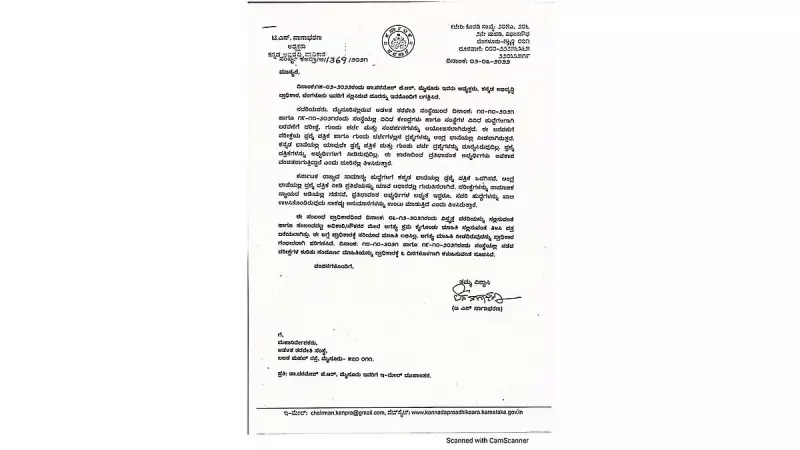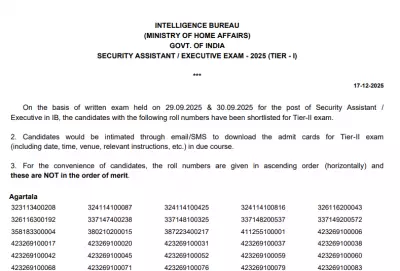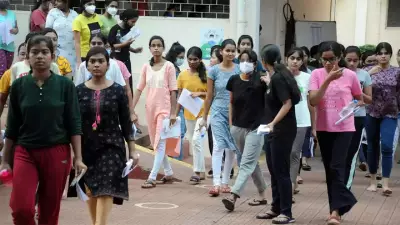
In a move that has sparked significant controversy, the Karnataka government's decision to impose a strict 55-year age limit for recruiting faculty members at the state's Administrative Training Institute has drawn sharp criticism from experienced trainers and educational experts.
The contentious age restriction, which applies to positions at the institute located in Mysuru, has left many qualified professionals feeling sidelined despite their extensive experience and expertise in administrative training.
Experience Versus Age: The Growing Debate
Seasoned trainers argue that the arbitrary age cutoff disregards the value of practical experience and institutional knowledge that older faculty members bring to administrative training programs. Many experts with decades of relevant experience now find themselves excluded from contributing to the development of future administrators.
"This age limit is not just discriminatory but fundamentally flawed from an educational perspective," stated one concerned training specialist. "Some of the most valuable insights in administrative training come from professionals who have weathered multiple policy changes and governance challenges over their careers."
Impact on Training Quality and Institutional Memory
The institute, which plays a crucial role in shaping the state's administrative capabilities, risks losing access to seasoned professionals who possess:
- Decades of practical administrative experience
- Historical perspective on policy evolution
- Mentoring capabilities honed over years
- Deep understanding of governance challenges
Educational experts warn that such age-based restrictions could compromise the quality of training provided to Karnataka's future administrators, potentially affecting governance standards across the state.
Calls for Policy Revision
The growing discontent among training professionals has led to calls for the state government to reconsider the age criteria. Critics suggest that qualifications, expertise, and physical fitness should take precedence over chronological age in faculty selection processes.
"Many professionals in their late 50s and early 60s maintain excellent health and possess updated knowledge that surpasses their younger counterparts," noted an education policy analyst. "Blanket age restrictions prevent institutions from accessing this valuable talent pool."
The controversy highlights the ongoing tension between creating opportunities for younger professionals and utilizing the expertise of experienced veterans in India's educational landscape.





